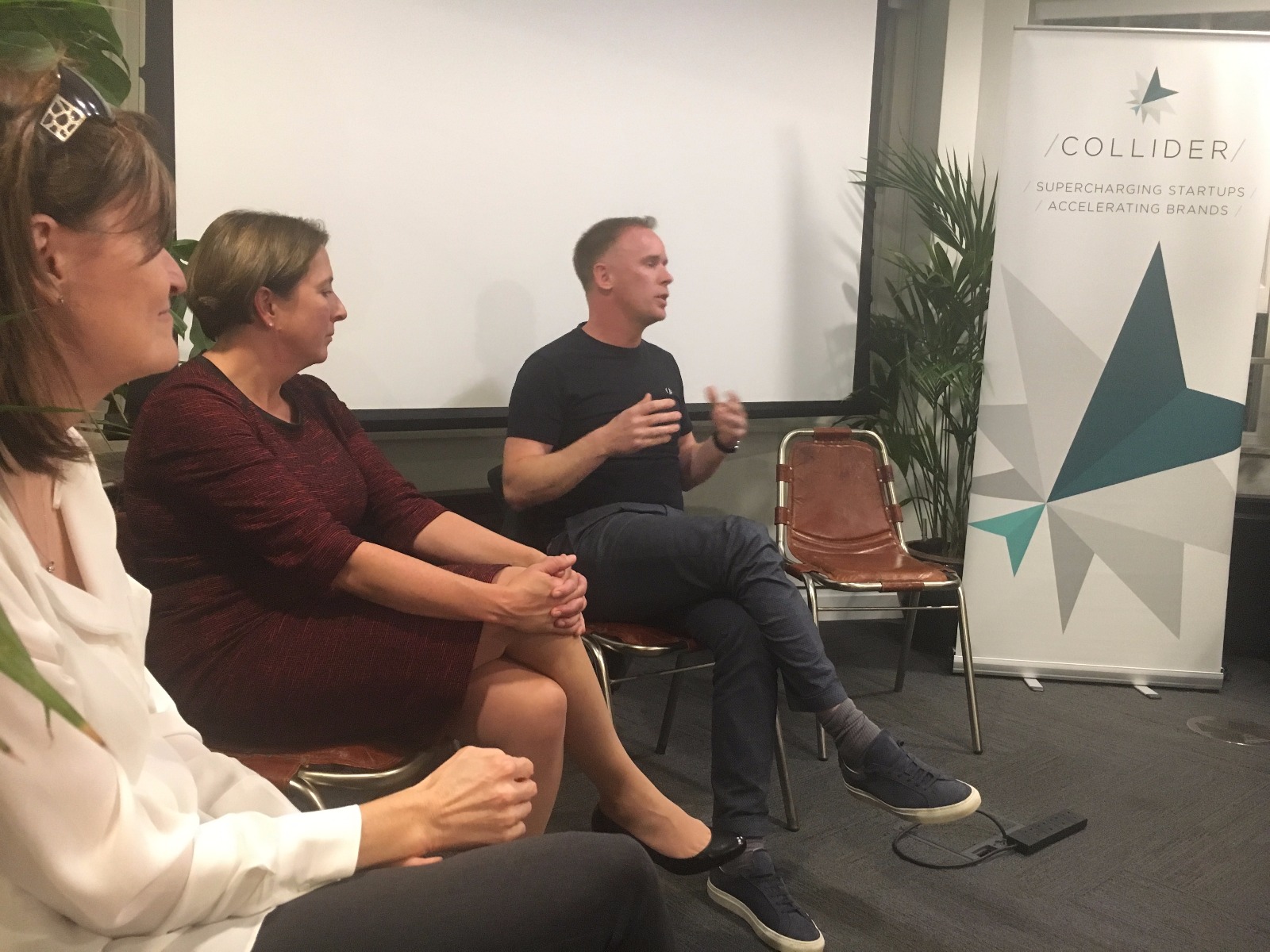With a background in (advertising) sales and having backed over 40 startups now through Collider, I think I have a pretty good idea on how startups sell their products... especially on what not to do. So it was a real eye opener when I recently went on the search for some software for Collider operations. I needed something specific, which meant many of the companies offering a solution were likely in the early stages of developing it, and would therefore also mean they'd be on the early side of developing their sales pitches too.
I knew it would be fun.
The good stuff
Well, there were plenty of passionate and enthusiastic founders that you can't help but get excited about their products.
There was also an impressive can-do attitude, especially when the product needed tweaking for us.
The not so good stuff
But of course, I also saw things that with a better approach to the sales pitch, the outcome could have been entirely different.
These are things we teach Collider startups to do from day one, and whilst they seem pretty obvious in most cases, every company I spoke made the same mistakes.
1. Don't pitch – ask questions.
Many startups came into the meeting and just talked. Talked about their company, talked about what it could do, talked about why it was great. But what they forgot to do was ask me questions on what I was looking for, why did I want a product like this, what did I want it to do and why?
Learn their language and what success really looks like for them, so when it comes to pitching your product, you can relay back exactly what they're looking for.
2. Never do a standard demo.
It completely misses the point and undermines step one of any sales process – to firmly understand your customers needs. Then you can amplify it for them and replay back how your product could be their dream solution.
A standard demo won't do it.
3. Learn when to say no.
I asked for a lot, and in almost every case they said yes, they could do that, clearly without thinking about it.
It was only when I asked to know how many people were in their dev teams or how much cash they had that I understood how likely my needs were going to get onto their roadmap. Usually not at least until they'd raised their next round.
Focus on the customers that your product can help now, but use your meetings to understand what else you could do further down the line. Be honest.
4. Know how to close a deal.
Always ask my timeline for implementation, as that'll tell you how urgent it is. Is my mission critical (3 months), important but not urgent (6 months), or is it actually just a nice-to-have?
Ask if there is a budget, no matter what it is you're building, and then ask where would that money come from and who would sign it. Are you talking to the decision maker?
Whilst these simple changes will not guarantee success, they'll certainly help you better understand your customers' needs. That means getting your product to exactly where it can seriously help today, and help in the future, too.





